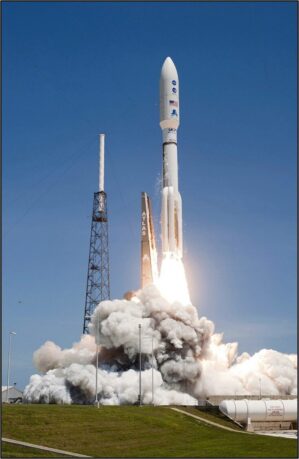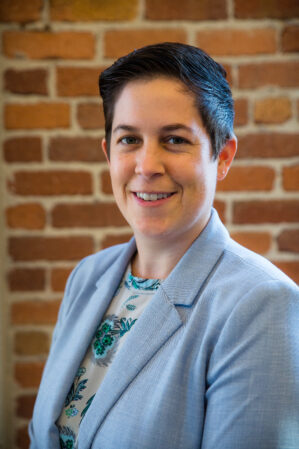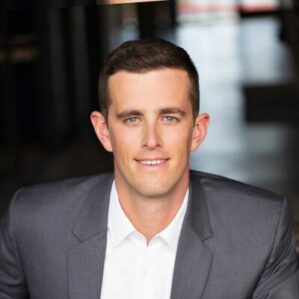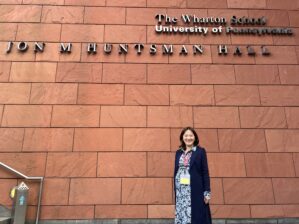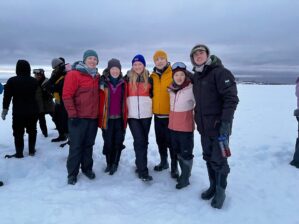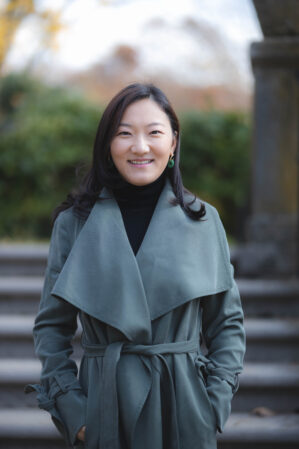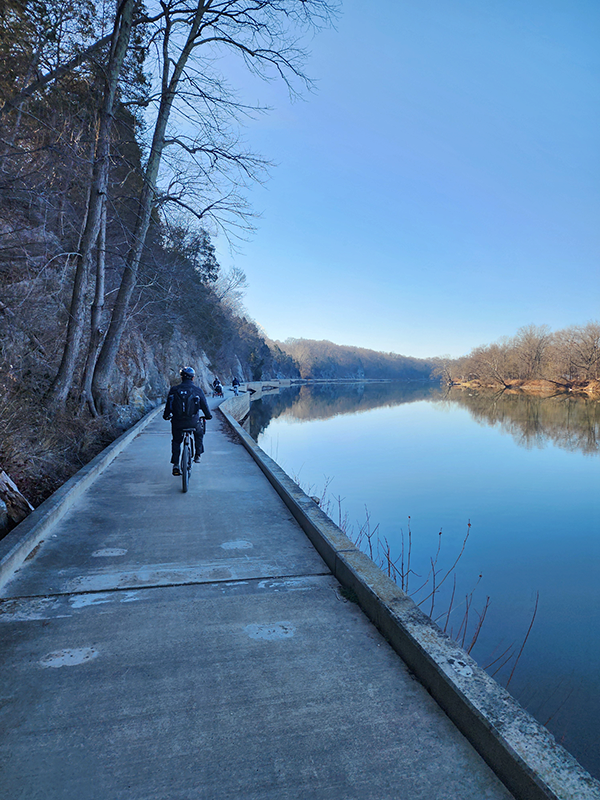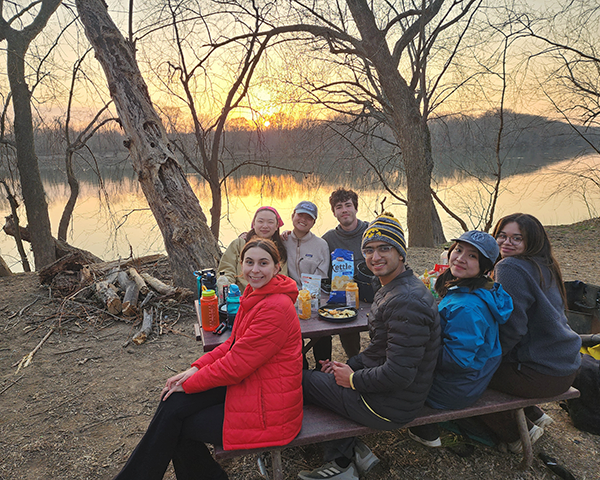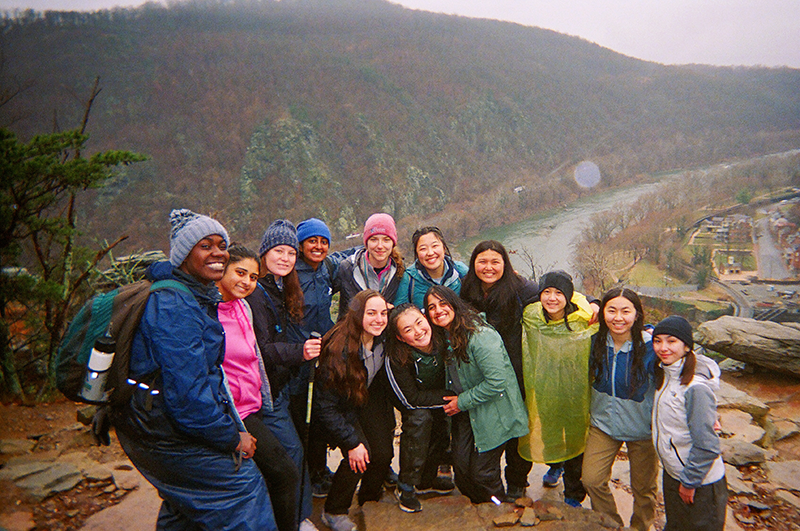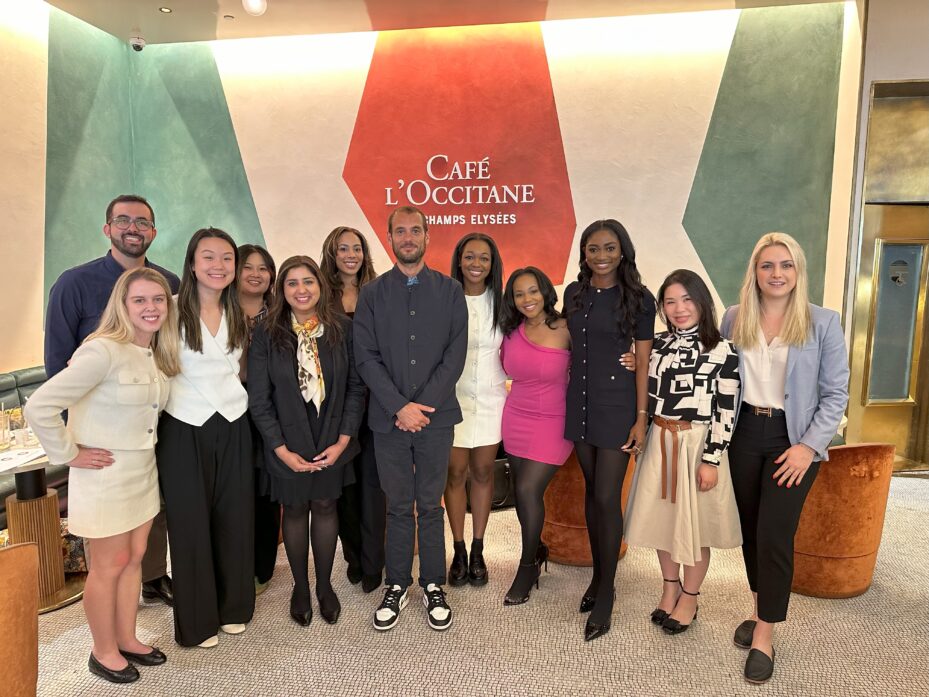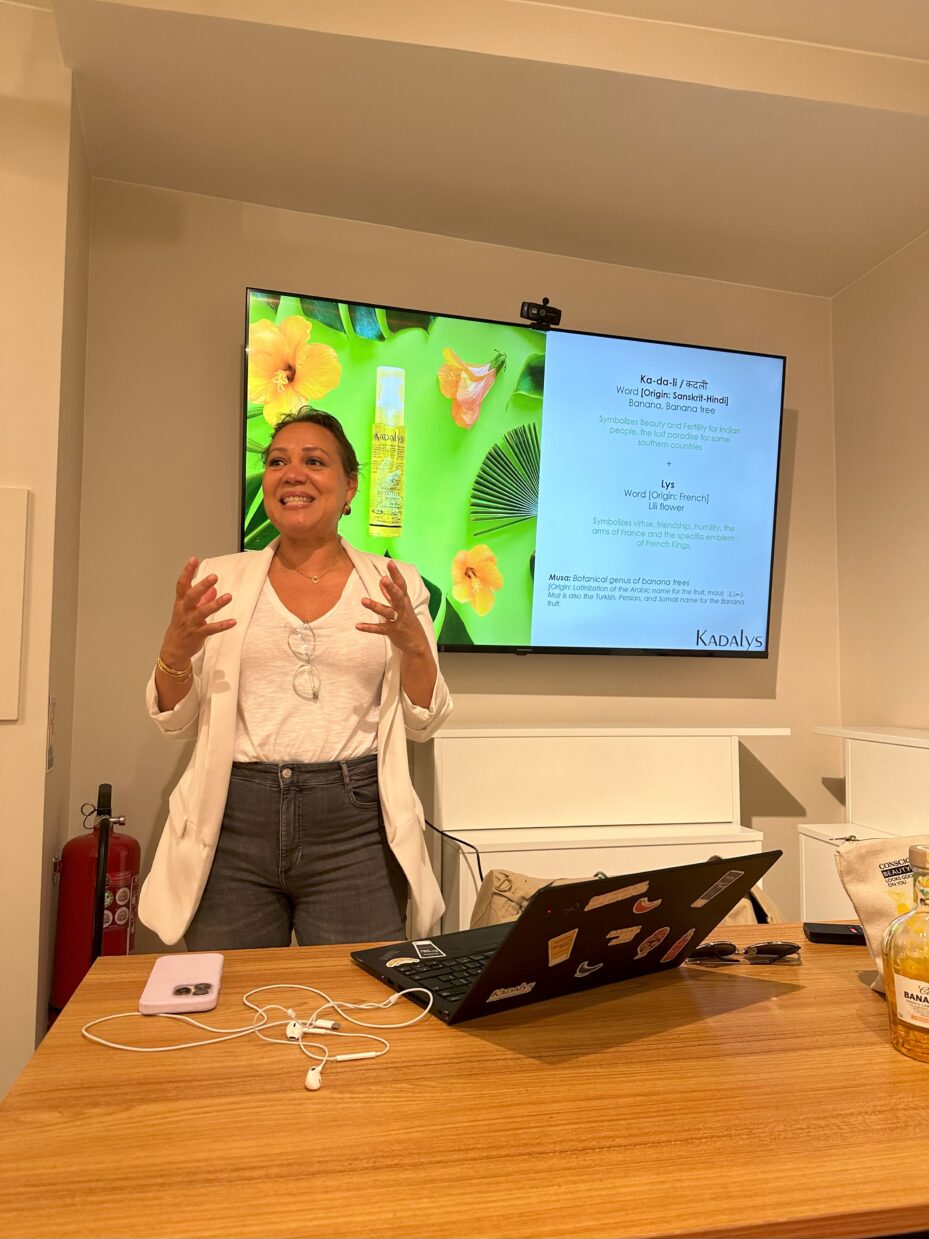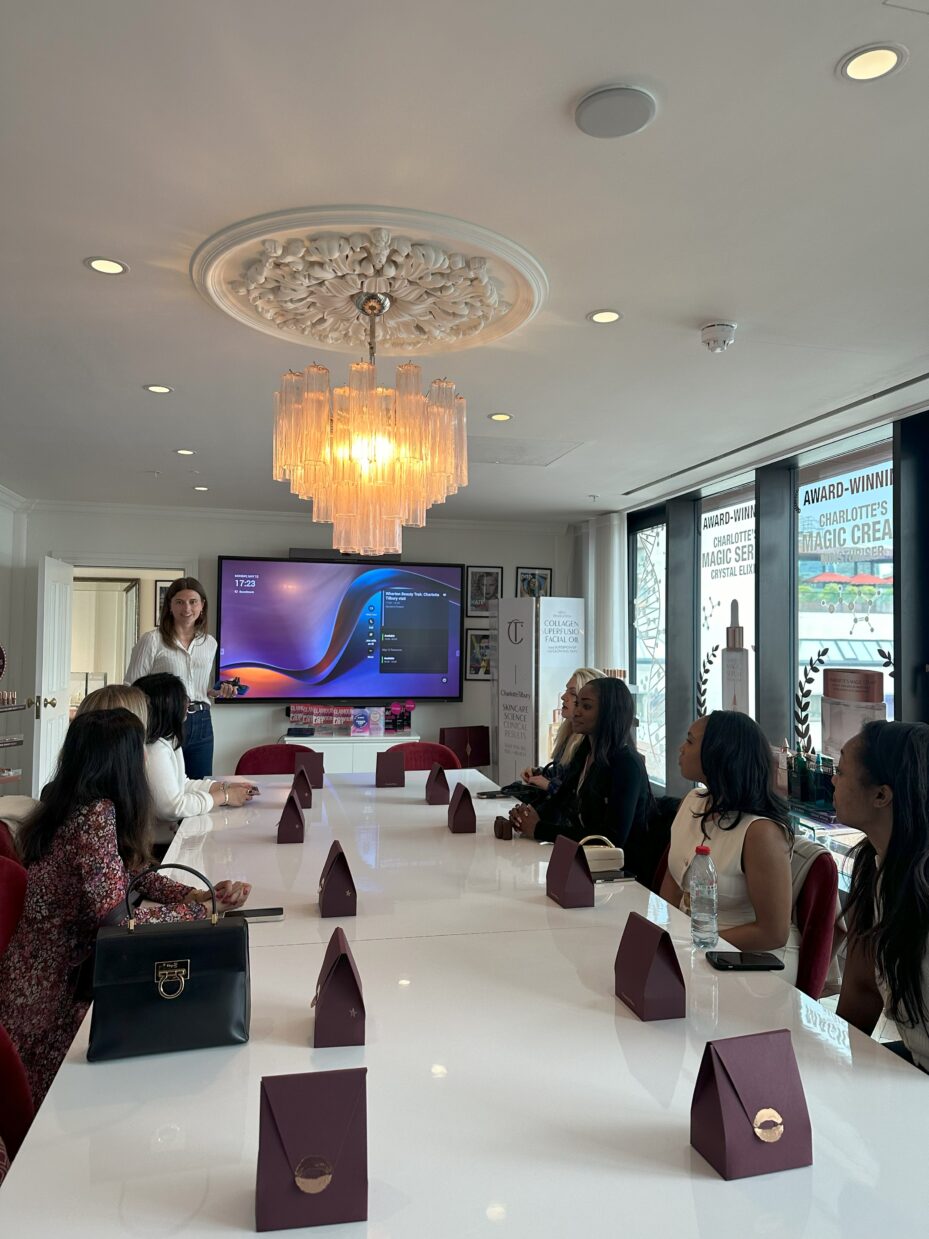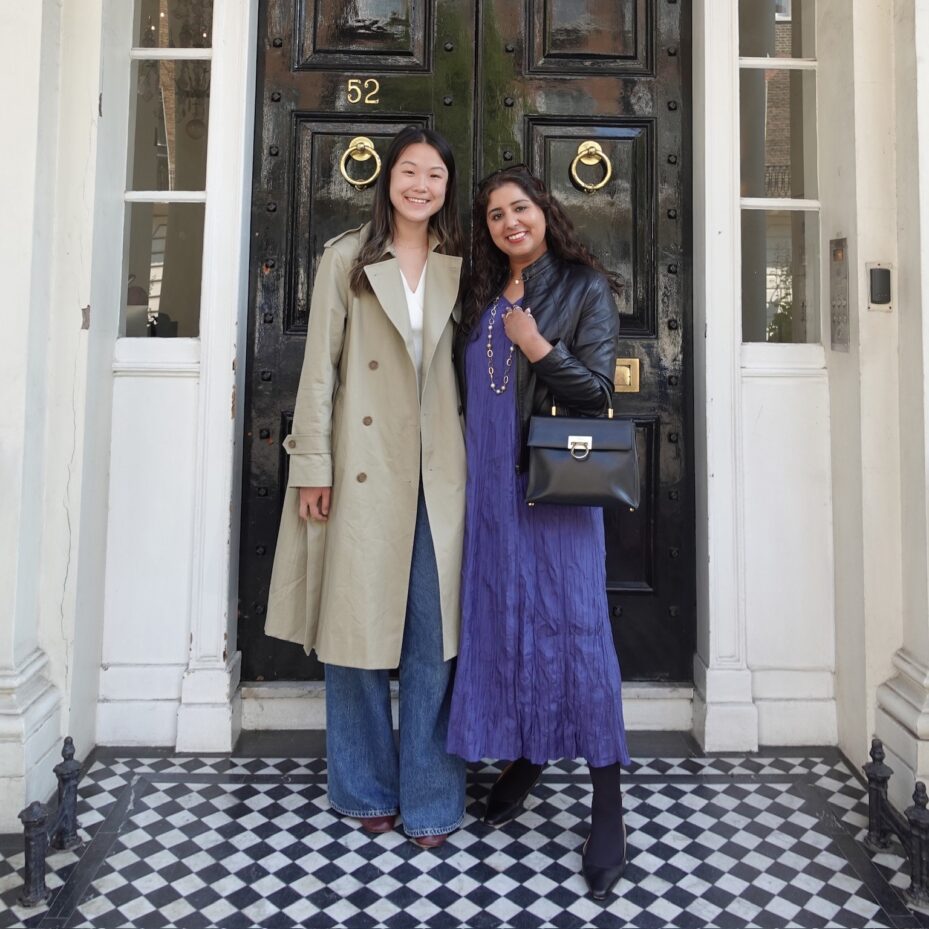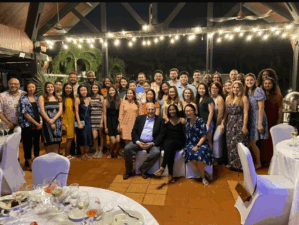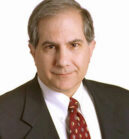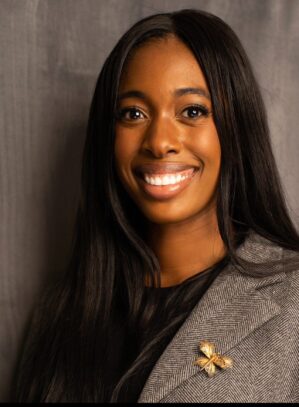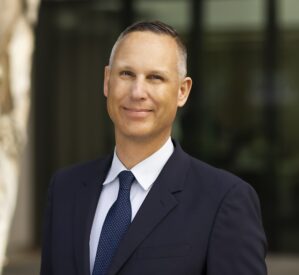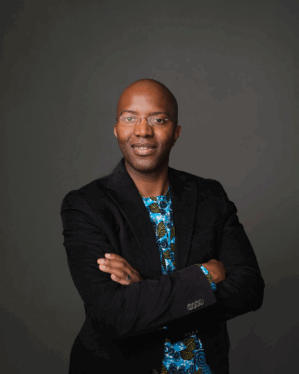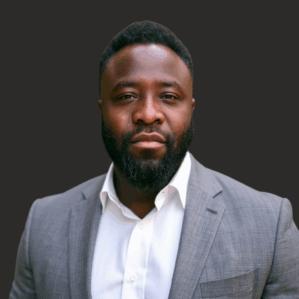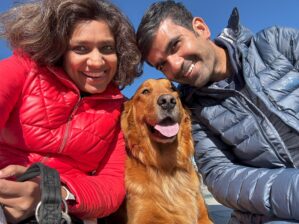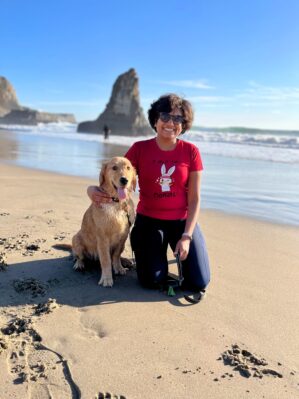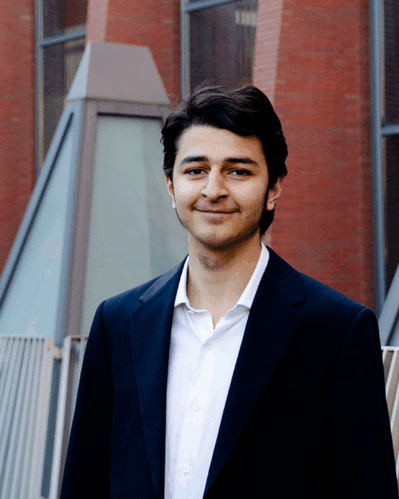When students in Wharton’s MBA Program for Executives arrive on campus for Orientation, they hit the ground running with classes. First up is Foundations of Teamwork and Leadership, which brings students together from all three cohorts (Philadelphia, San Francisco, and Global) and serves as the academic entry point into the Wharton MBA.
Why begin here? According to Deputy Dean Nancy Rothbard and Professor Samir Nurmohamed, who co-teach the course, the answer is clear: Leadership and teamwork are not just soft skills. They’re essential, learnable competencies that shape success across every dimension of the EMBA journey.
“This course is more than just a course,” says Rothbard. “It anchors Orientation Week — a critical period that sets expectations, builds momentum, and begins the process of transformation.”
The decision to place the class at the very start of the program is intentional. As Nurmohamed explains, “Students will be working in teams for the duration of their time at Wharton. This course gives them a structured opportunity to build those relationships and understand team dynamics right away — not weeks or months into the program.”
Bridging Theory and Practice
One of the most distinctive elements of the class is the Wharton Teamwork and Leadership Simulation, a multi-day, high-intensity group exercise where students run a fictional electric vehicle company over a simulated nine-year span. This simulation creates a realistic setting for students to test out leadership frameworks in real time.
“Leadership sounds easy until you have to do it,” Rothbard notes. “In this course, students make decisions, experience group dynamics, and then get feedback — all in a safe environment where learning, not perfection, is the goal.”
Nurmohamed adds, “There’s a knowing-doing gap when it comes to leadership. You can know what the right thing is in theory, but it’s hard to do in practice. This course is built to close that gap.”
A “One EMBA” Approach
A key innovation in the EMBA Orientation is the mixing of all three cohorts — and the benefits are both practical and cultural.
“Bringing the three cohorts together was a deliberate design choice,” Rothbard explains. “It reinforces the idea that this is one EMBA program, not three separate tracks. Students immediately start to build a broader, more diverse network that spans industries, geographies, and perspectives.”
Nurmohamed adds, “It’s incredibly enriching. You’re hearing from tech leaders in San Francisco, finance professionals in New York, entrepreneurs from Europe or Asia — all in the same classroom. That diversity of experiences and perspectives deepens the learning and makes the course much more impactful.”
Setting the Tone for the Program
“The fact that we teach this class first is a value statement,” says Rothbard. “We are signaling to students that leadership and teamwork aren’t side topics — they are central to what we believe makes a great business leader.”
As EMBA students are already navigating complex roles in their organizations, the timing of the course creates a unique opportunity for immediate application. “We constantly hear from students, even a week later, that they tried something they learned in class in their own company,” says Nurmohamed. “It’s learning by doing — and doing it immediately.”
The course builds three core competencies that are revisited throughout the EMBA program:
- Leadership behaviors: mobilizing people toward shared goals
- Team dynamics: understanding how to be an effective team member and leader
- Organizational awareness: adapting to change and building high-performing cultures
“We leave them with a few key messages,” says Rothbard. “First, that leadership and teamwork are skillsets — they’re not magic. You can get better at them. Second, that there’s a lot of noise and myth around leadership, and we want them to use evidence and feedback to guide their development. And third, that knowing isn’t doing. You have to practice these skills to grow.”
The structure of the course with nightly reflection, real-time feedback, and faculty-led debriefs reinforces these messages in a powerful, lasting way. “Years later,” says Rothbard, “students come back and remember specific decisions and lessons from this course. It sticks with them.”
A Transformational Start
“Everyone comes into the EMBA program energized and ready,” says Nurmohamed. “This course captures that energy and channels it into something foundational. It’s the perfect way to begin their Wharton journey.”
And yes — sometimes there is cake in the course (see photo above). But more importantly, there’s clarity, camaraderie, and a strong first step toward becoming the leader each student aspires to be.
By Meghan Laska
Posted: September 1, 2025








